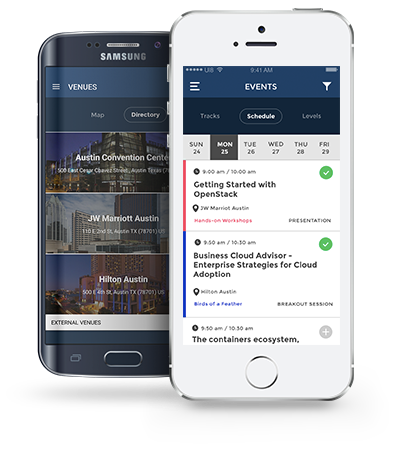The challenge of managing physical hardware can be simplified using Ironic bare-metal provisioning, decreasing workload deployment time. In this session, we will address the need for self-service and its benefits over submitting tickets. We’ll also discuss typical data center/infrastructure integration use cases.
We discuss:
- What Ironic is and how it works
- Benefits of using Ironic compared to other provisioning tools
- Challenges and "missing parts" you can encounter using Ironic in production environments, such as: rack-level awareness for networking (i.e., availability zones for networks); DNS integration; hardware RAID configuration (e.g., extended Ironic Python Agent functionality); server name generation
- Operational issues such as data center networking to accommodate Ironic
Ironic is perceived by many as being immature, since there is a lack of notable experience in using Ironic in production, especially at scale but we’ll share real world large-scale production experience.
In this session, attendees will learn about:
- What Ironic is and how it works
- Benefits of using Ironic compared to other provisioning tools, such as:
- Standardized OpenStack REST API
- Image based provisioning
- RBAC separations on project/tenant basis
- VM provisioning
- Challenges and "missing parts" you can encounter using Ironic in production environments, such as:
- Rack-level awareness for networking (i.e., availability zones for networks)
- DNS integration
- Hardware RAID configuration (e.g., extended Ironic Python Agent (IPA) functionality)
- Server name generation
- Operational issues such as data center networking to accommodate Ironic




